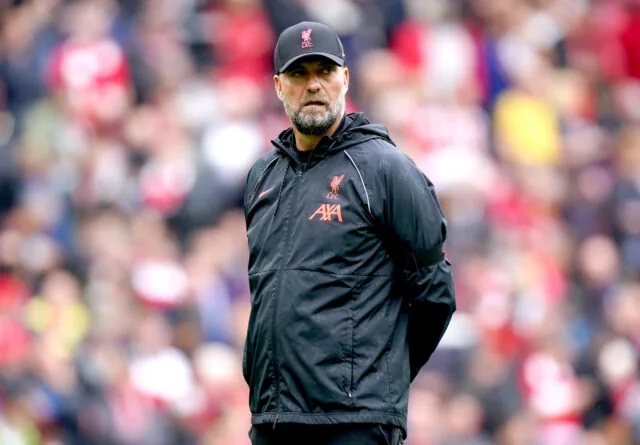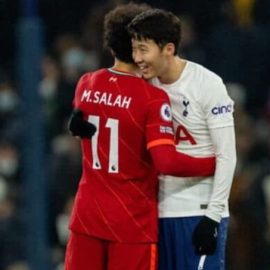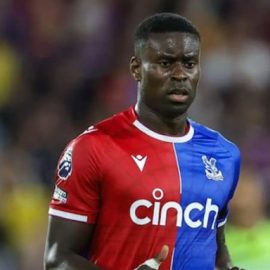We investigate two examples of how quick success has crippled clubs financially but on the other hand by having success and failure rolled into one will reap financial rewards and over a period of time give success on the pitch.
JANUARY 2010, Portsmouth FC, bottom of the Premier League, already seen five owners come and go since the start of the campaign, 80 million worth of debt on their back, in trouble with HM revenues and customs, was it really all worth it?
Portsmouth promoted under Harry Redknapp back in 2003 never looked back and drove on in the top flight under the watchful guidance of chairman Milan Manderic. Pompey grew and grew and after surviving for two seasons began a slow rise up the table recording top 12th and 10th finishes by 2006.
Following a big money take over from Alexandra Gaydamk in 2006 the pompey faithful expected big things from the team and with Redknapp returning from rivals Southampton to keep the club up on the last day of the season at Wigan, Pompey were due a step up in the premier league.
With the financial backing of Gaydamak big money signings were made such as Jermain Defoe, Peter Crouch, Sol Campbell, Lassana Diarra and John Utaka as people were looking up and taking notice of the minnows from the south coast, but in the end in was all good to be true.
The following season saw Portsmouth make it to Wembley on the way dumping out champions Manchester United in an historic season for the club. After overcoming West Brom in the semi-finals they dispatched Cardiff in the final and won the FA Cup much to the delight of Peter Storrie, but in the back of his mind he must of always known what the effects were going to be, Portsmouth didn’t have the money to keep this going, mounting debts, run-ins with the tax man of transfer bungs and overseas accounts which dated all the way back to 2002, cooks up a recipe for disaster.
A 2-2 draw with AC Milan at home in the UEFA Cup was seen by many as the biggest game in the clubs history, seen as what is known in the game as “a money spinner”, but what they didn’t know was that not enough money was spun to get Pompey out of this mess. Redknapp jumped ship to join Spurs in 2008 leaving a trail of disaster in his wake. Many see him along with Storrie as the culprit for the demise of Portsmouth.
Paul Hart came in and kept the club up in 2009 as all the stories of financial ruin came out. Defoe, Crouch and Diarra were shipped out but Utaka and co. stayed on wages of 90,000 plus and crippled the wage bill. Five owners in 5 months spelt disaster. As it became public and Storrie was the number one enemy. And as people rant and rave in the age of football being a business and clubs gaining crippling debts for instant success the question rises as it might look good to start with, in the long run is it really worth it, or is there a different route, the game already has an example.
SUNDAY 21ST APRIL 2002. A landmark day in the history of West Bromwich Albion. This started a revolution that might always have looked to the people outside of the club like a positive thing but in the long run was the best thing that any club could of done in this day and age.
Under Gary Megson the Baggies enjoyed two promotions and a relegation, followed then by Bryan Robson’s with a survival season and then another relegation, then under Tony Mowbray Albion lost the play off final, won promotion the season after, then instant relegation followed, and following Roberto Di Matteo has taken West Brom back into the elite of English football with the club looking as strong on the field and financially as ever, showing how the strategy is the best one for a developing club.
As parachute payments rise and rise every year instead of going straight for success like Storrie did at Pompey the cool, businesslike approach of one small step at a time by Jeremy Peace at the Hawthorns has seen them have success every other year followed by relegation. He’s had his critics but in the long run it shows that is the best method for clubs like the Albion. And one way of showing clubs how they should be run and not sending the game into more disrepute.
But now the time has come along that Peace and Albion have to deliver. They have had long financial stability for the last ten years growing and planning and now it’s time to deliver on the pitch, with money available and Albion going from long ball under Robson and Megson and being branded “1-0 to the Albion”, to the expansive type of play that won Mowbray and now Di Matteo the plaudits.
From Peace’s scheme Albion have grown other that footballing wise. Albion now have a strong football foundation, see as one of the best in the country, a first class training ground, and a 27,000 all seater stadium. But through Albion having success but then failure one thing has remained the same, the support is always as good as ever.
Seen alongside Portsmouth as one of the best sets of supporters anywhere in country Albion fans may finally get what they deserve after ten years of being branded the “yo-yo club”. But Pompey fans have had their success and short lived it was. But Albion have a healthy future ahead now.
Greed of individuals have crippled Pompey. Stupidity of Storrie has seen him go from Hero to Villian. Peace is seen by some as villain, but thats not so as he has built West Brom from a club on the verge of slipping into the third tear to the Premier League. Failure as people have seen has had to come with this, but Albion’s failure is small. Pompey’s is one that takes years and years to repair.
Add Sportslens to your Google News Feed!






